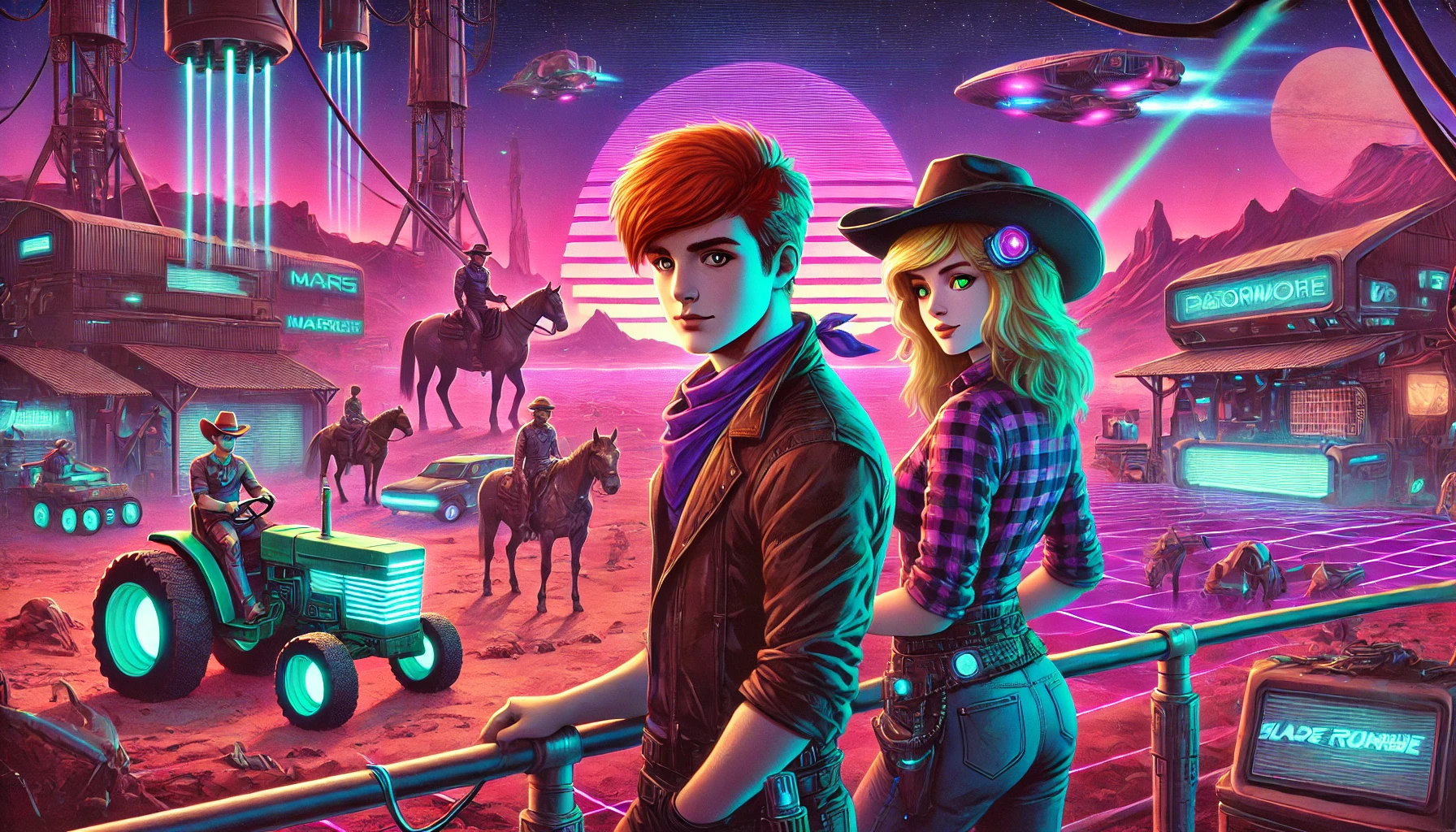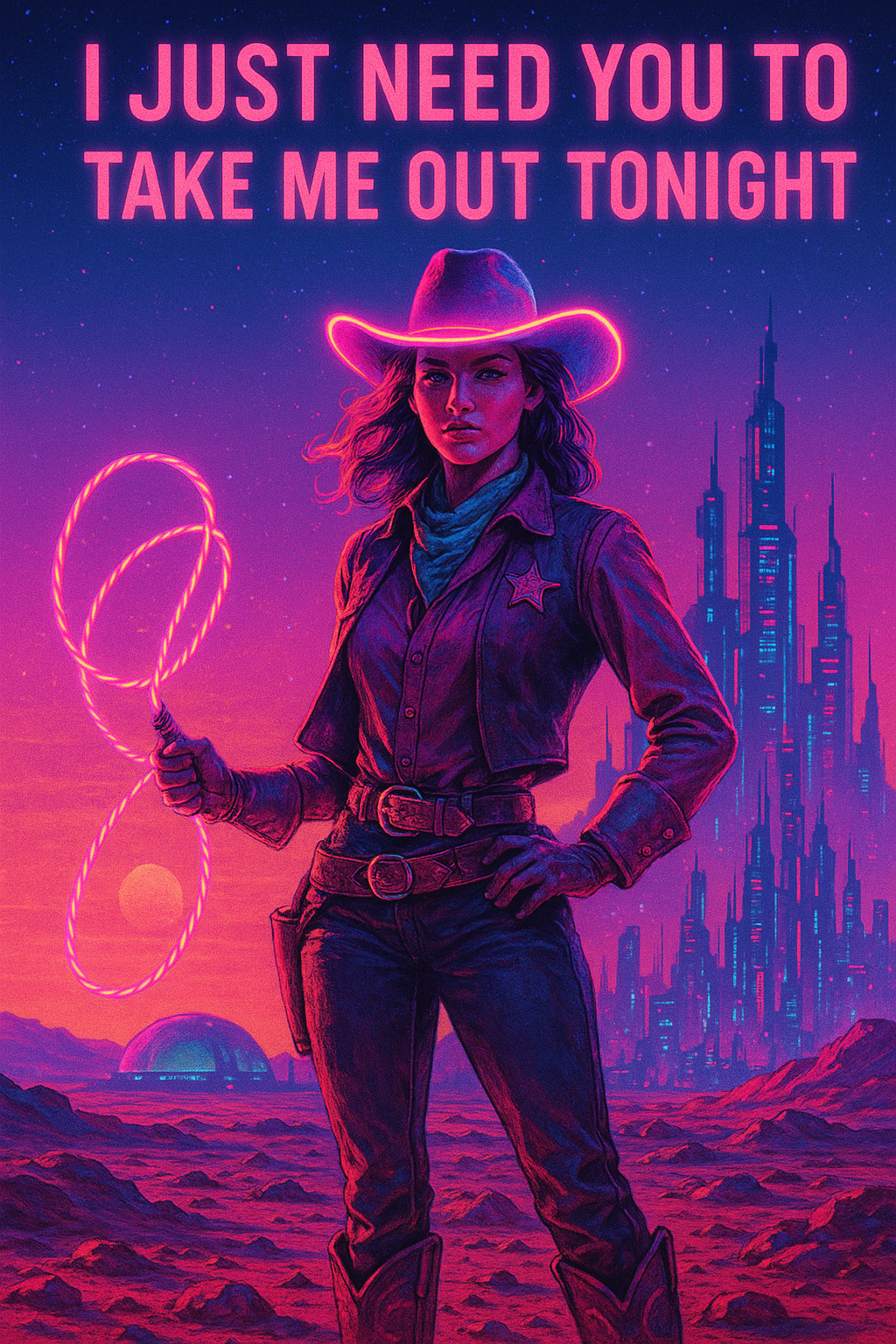Ilphated
The red sky above New Ishikawa shimmered with neon streaks as Kaia pressed her fingertips against the glass pane of her apartment window. She could see the dome’s edge where Martian dust met the artificial sky—a reminder that even on Mars, they weren’t free.
The Syndicate ran everything: newsfeeds, communication streams, and every single operating system used by the colony. No messages escaped without filters. No thoughts went unchecked.
But Kaia had a secret.
She was a coder—a ghost in the machine. Half Japanese, half Dutch, born in orbit and raised under the watchful eye of both cultures, she learned to speak in code before she ever mastered two languages. Her mother had been a protestor back on Earth. Her father, a systems engineer who “disappeared” when she was thirteen.
That’s when Kaia started learning. Hacking was survival.
Now, at twenty-two, she lived in a cramped Martian capsule with her younger brother and her grandmother—her obaasan—who still told stories about Earth sunsets and how humans used to say whatever they wanted.
Kaia wanted that back.
She called it Crimson Skies OS.
It looked like just another vaporwave skin on a typical Syndicate tablet—glowing pink overlays, synthwave widgets, and faux social apps—but beneath the UI was something else entirely.
It was a decentralized, encrypted communication network masked as a retro game system.
She used old Martian arcade code, mixing it with fragments of forgotten Earth tech. The OS piggybacked off maintenance drones to share messages. Every time someone played her fake rhythm game, a message was sent to another user.
Each high score was a note. Each “level up” unlocked hidden forums where families could share real news, poetry, and hope. The more they played, the more they saw. No Syndicate filter could crack it.
She called her group The Frequency.
One night, the red glow of the Martian city reflected in her eyes as she uploaded the OS to an old vending kiosk near the maglev. Her heart pounded. Obaasan whispered a blessing in Japanese. Her little brother grinned, fingers already tapping the screen.
By morning, Crimson Skies was on 3,000 devices.
By the end of the week, kids were humming old protest songs disguised as game tunes. Strangers passed secret handshakes using color-coded stickers that meant “I’m on the network.”
Freedom, Kaia realized, didn’t have to march through the streets.
Sometimes, it just had to light up in vaporwave pink and play a synth beat loud enough to crack the silence.
And somewhere, in the heart of a Martian city ruled by shadows, freedom bloomed in neon.
EmailURL







y4fw5c
3zel4u
rbo4zb
gcow25
rmzirb
midg8p